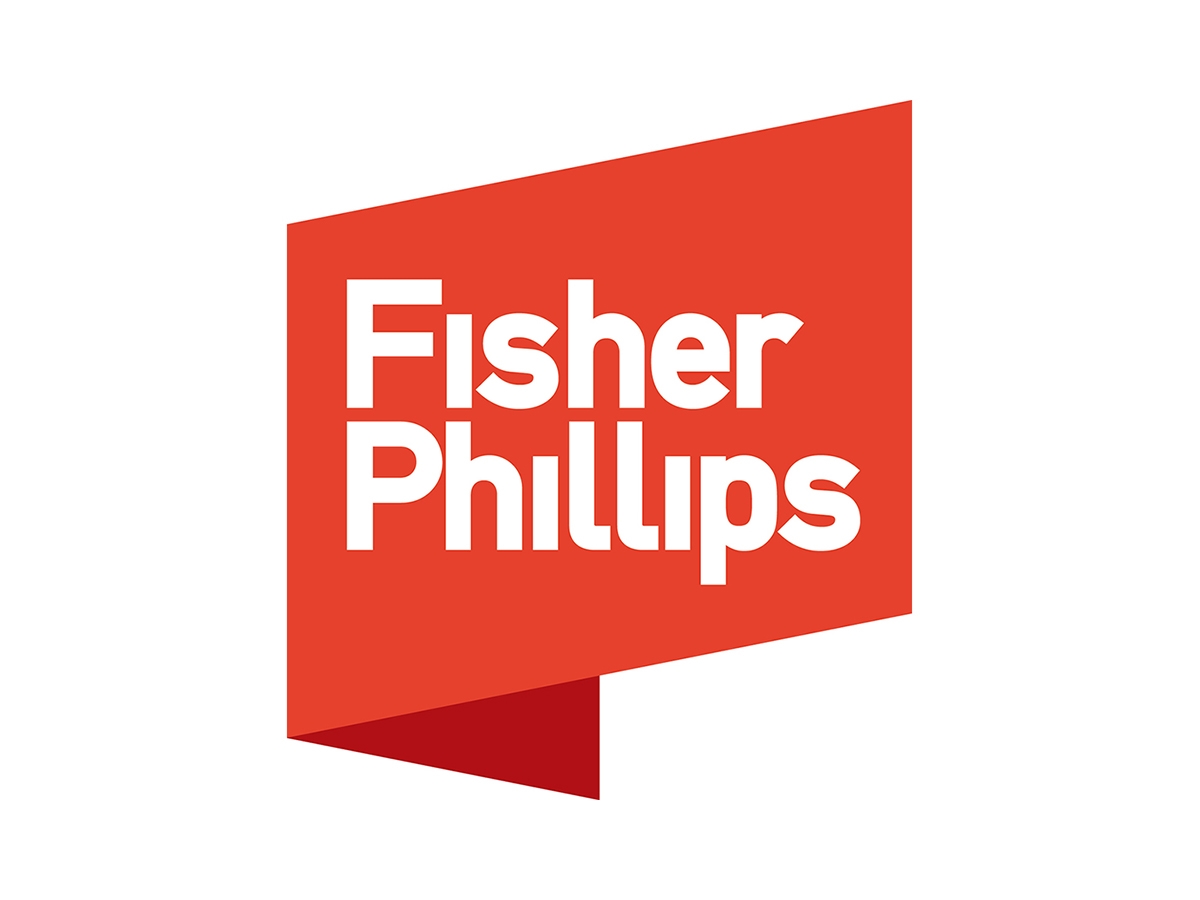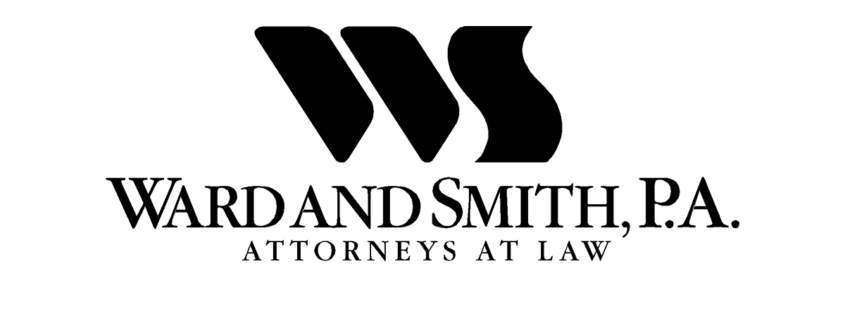Managing Remote Work: 7 Tips for Creating Effective Employer Policies | Fisher Phillips
The COVID-19 pandemic resulted in unprecedented change for the workplace after stay-at-home orders, isolation and quarantine requirements, and accommodation requests resulted in many employees temporarily working from home. Employers and employees alike recognized certain benefits of remote work arrangements, which led many business leaders to explore hybrid and permanent remote work policies. While remote work arrangements are not practical for every job or desired by every employer, when such arrangements are embraced and become embedded into company policy, employers need to ensure they are taking proper precautions. Below are seven tips that employers should consider when implementing remote work policies.
- Create a Written Remote Work Policy
You should consider creating a written policy establishing the criteria and guidelines for working remotely. Will all employees and roles be eligible? Identify the roles that are critical to your business operations and determine whether those individuals can carry out their jobs while working remotely. Set performance standards and expectations from the start, and include policies on security and data protection, safety, and expectations about equipment and materials.
- Review Rules on Expense Reimbursement
Be sure that your pay practices for all employees – those who work onsite and those who work remotely – comply with the applicable federal and state wage and hour laws. In some states, such as California, employers must ensure all business expenses that are “reasonable” and “necessary” to perform the job remotely are reimbursed. At least ten states – California, Illinois, Iowa, Massachusetts, Montana, New Hampshire, New York, North Dakota, Pennsylvania, and South Dakota − and the District of Columbia have enacted laws requiring employers to reimburse employees for certain remote work expenses.
Even if the applicable state does not require reimbursement, failure to reimburse could lead to allegations of federal wage and hour violations for those paid at or near the minimum wage. For example, under the Fair Labor Standards Act (FLSA), employers generally don’t have to reimburse employees for work-related…


